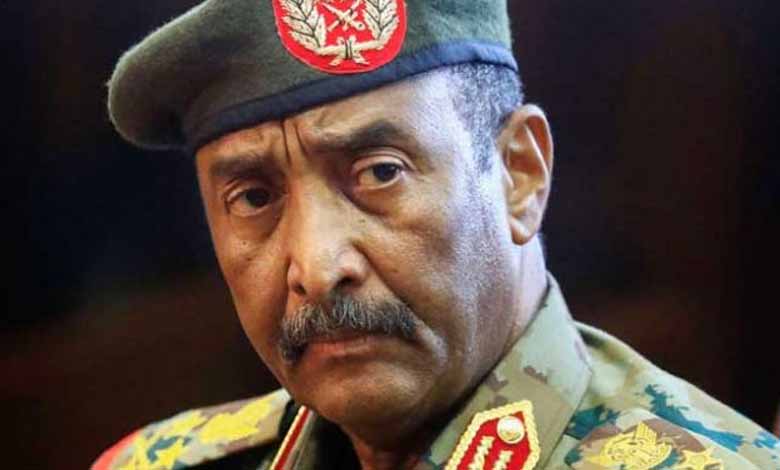Al-Burhan: Establishment of a high committee for the resolution of the problems of Eastern Sudan

The Chairman of the Sudanese Sovereignty Council, Abdel Fattah al-Burhan, issued a decision to form a high committee to resolve the issues of eastern Sudan, headed by the Vice President of the Sovereignty Council, Lieutenant General Mohamed Hamdan Dogolo.
Eastern Sudan suffers from poor infrastructure and resources, and is very poor, despite having many ports and vital facilities.
The resolution defined the tasks and competencies of the committee in taking the necessary measures to find solutions to the situation in eastern Sudan by addressing the roots of the crisis, uniting the visions of all components of the east to reach an agreement that will guarantee the implementation of the requirements that establish development, stability and lasting peace in the east, as well as coordination and communication with all parties to help achieve consensus among the various parties.
The resolution required the Committee to report periodically on the progress of its work to the Sovereign Council, directed those concerned to implement the resolution, and granted the Committee the right to use whomever it deemed appropriate to assist it in the performance of its tasks.
Two weeks ago, Sudan’s ruling Council of Sovereignty suspended the “East Path” peace agreement signed by the Sudanese government in Djouba with a number of armed rebel movements in 2020, in order to bring the people of the eastern region into line.
Mohamed Hamdan Dogolo, the deputy chairman of the National Council for Sovereignty, also known as “Hemidti”, announced the suspension of the East Path, which was signed in the Djuba peace agreement, until the people of the east agree.
The parties to the east would sit down at one table to agree on a solution to all the problems of the people of eastern Sudan.
The East Path has angered the Bedja tribes in the eastern Sudan region on the grounds that the eastern signatories do not represent the region.
A number of Eastern tribes are supporting the agreement signed in Djouba, demanding that it not be canceled. In an expression of rejection of the eastern track of the agreement, the Bedja in October closed the country’s main ports on the Red Sea coast for six weeks.
Eastern Sudan has three states: The Red Sea, Kassala and Al-Qadarif Sea, strategically located on the border of Eritrea, Egypt and Ethiopia, stretches 714 kilometers along the Red Sea coast, has oil ports and is one of the poorest regions in the Sudan.












